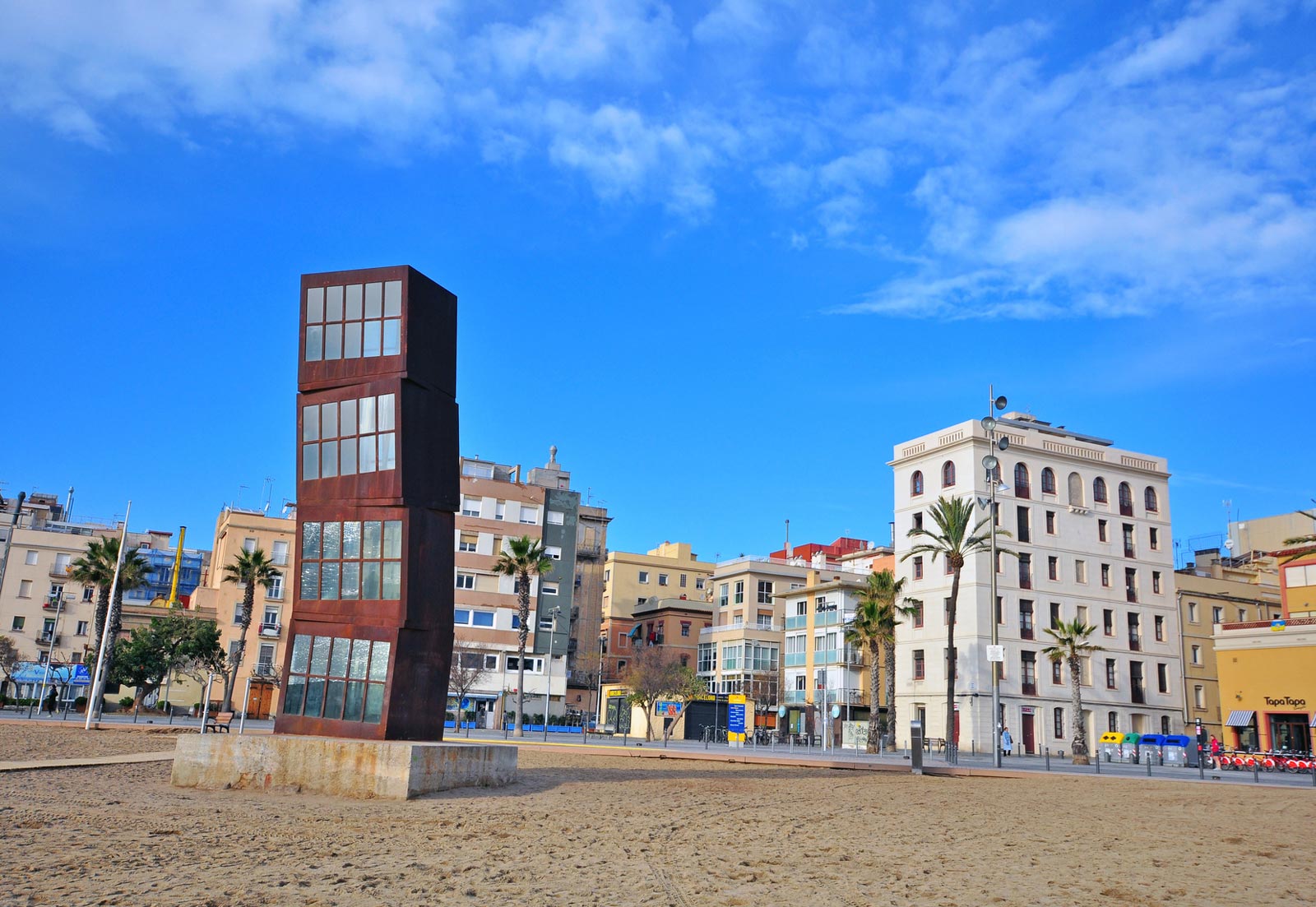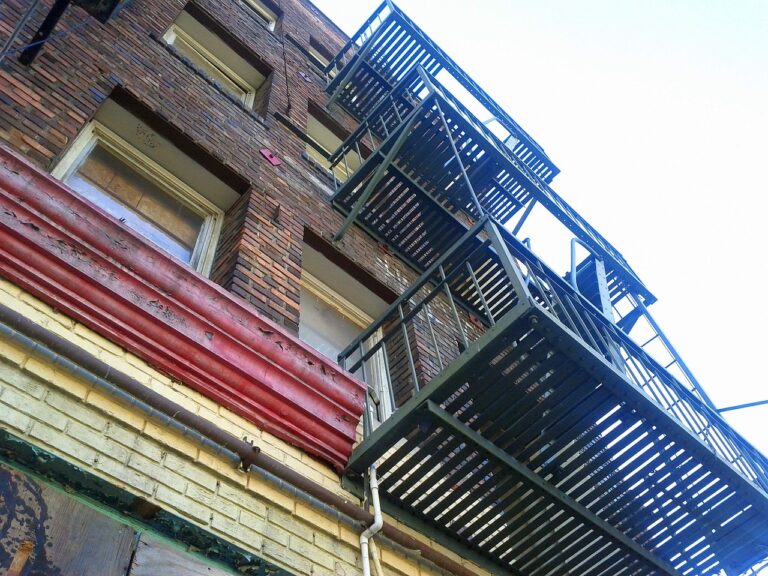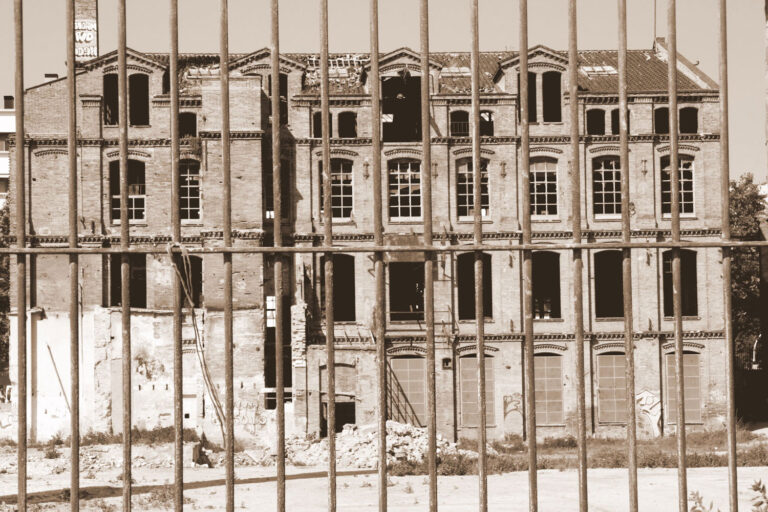What are tourist apartments in Barcelona (referred as “habitatge d’ús turístic” in the Catalan legislation that regulates the subject, “HUT”)?
All regional governments, as holders of competence in the field of tourism, can regulate what is meant by tourist apartment in each region. So did the Balearic Islands or Andalusia, for example. In Catalonia, the regulation is in Decree 2012 of tourist establishments (Article 66) and configures a HUT as one complete house (not spare rooms) which is assigned by its owner, directly or indirectly, to third parties repeatedly and in exchange of an economic consideration for a continuous period of time not exceeding 31 days. It is considered “repeatedly” when it is done two or more times in the period of one year.
As we explained in our last post on the hotel moratorium in Barcelona, the situation of the tourist apartments appears to be returning to normal, after spending a few years living in limbo.
Same as with the hotel moratorium, there will be supporters and opponents of the latest decisions taken by the council, but sooner or later the lines of action had to be defined. Those who wanted to consolidate the regulation of tourist apartments in Barcelona, are moderately satisfied with the last decisions; on the opposite side, those in favor of limiting the proliferation of this type of accommodation in the city are not happy, because they see it as a threat to the model of coexistence that promotes “gentrification” of important parts of the city. In any case, the (stricter) regulation of this subject was an essential part of the program of the ruling party at the City Council. None can be surprised by this position taken.
Early this April the city council held an urgent session to address this issue. The session ended with measures prohibiting the growth of this type of accommodation in the ZE1 and ZE2 areas, with the clear intention to decompress the downtown area and limit the opening of this accommodation in the less touristic dense areas.
One should not forget that the HUT represents 35% of the places of tourist accommodation in the city (at least those that are licensed HUT).
This is how the situation will look like from now in terms of general principles:
- HUT zero growth throughout the city. It will be possible to group disperse HUT in a single building, according to the current plan uses in each district. Beware the Special Plans in some districts on that respect. Ciutat Vella Special Plan states that those HUT licenses that are not grouped in a single building (building also 100% for HUT) by 2019, shall become extinct in 2019.
- In order to ensure a balanced distribution of tourist places, the plan provides that whenever it happens a HUT cancellation in the most congested areas, it will be allowed the opening of one HUT at the uncongested areas.
- In no case, a HUT can replace a dwelling.
This will be the situation in the different zones in details:
- ZE-1. No more tourist apartments are allowed. Any drop in this area may be replaced in other less congested areas (ZE-ZE-3 and 4), but never in the same area to relieve congestion.
- ZE-2. New openings only are permitted if there are equivalent deregistration, and always placed in a single building.
- ZE-3. New licenses to be authorized only when there is deregistration. Remember that in no case can replace a dwelling, nor may be located in buildings where there are other dwellings. It should take into account the density in each area (block) and cannot be located on the ground floor.
- ZE-4. The same case as in the ZE-3.
Thus, it is clear that the city has reached its limit in tourist places, at least in the centre, and it seems that this situation will not change in the short term.
The city should develop, touristic speaking, areas not yet popular for visitors. A chance for visionaries.
But the biggest challenge still remains. It is caused by the fact that many consumers are looking beyond current legal corsets. There is no solution for Airbnb and other sites that connect tourists and accommodation owners in the city. The constant change in the habits of tourists, who increasingly travel more like a family and groups of friends, causes stays in apartments or rooms are becoming more popular than the stay at the hotel. Whether authorities and hoteliers please it or not, that’s what people want to buy. Ignoring it, or putting it outside the law, will not help to solve it.
A final remark: when it comes to tourist apartments, the interests of the hotel lobby and left-wing government of the city run, paradoxically, through the same path.
The EXNOVO team





